Against All Odds (1984)
“It’s simple: either you want to play football again, or you don’t.”
|
Synopsis: |
|
Genres, Themes, Actors, and Directors:
Review: … they’re saddled with such an awkward, muddled script (the synopsis above barely touches on the complexity of the dense plot, which involves insider gambling and high-level corruption) that it’s difficult to care about either their ill-fated romance or their respective predicaments. Ward’s family problems — she’s the spoiled, petulant daughter of a wealthy land developer — are never fully explored, and she fails to project the necessary edginess or complexity of a truly compelling femme fatale. Meanwhile, James Woods is either badly miscast or badly directed in a pivotal role as Ward’s covetous lover: While no one would ever accuse Woods of an inability to project “slime”, he nonetheless fails to embody the “Mr. Big” presence required of his character here. Worst of all, however, is director Taylor Hackford’s decision to have his actors spout neo-noir dialogue (“I love you, Jessie. Why did that have to be a bad thing?”) as though it’s realistic banter; attempts to infuse this type of hardboiled rhetoric into modern cinematic settings (c.f. Rian Johnson’s Brick, 2005) are tricky at best, and the effort fails completely here — it’s almost laughable, but (sadly) not quite. Not even the presence of cinematic icon Richard Widmark (badly underused): … or Out of the Past‘s original star, Jane Greer: … can revive this disappointing thriller, which should be much better than it is. Redeeming Qualities and Moments: Must See? Links: |
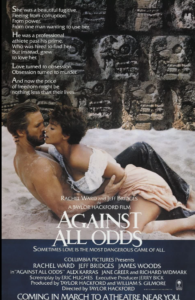
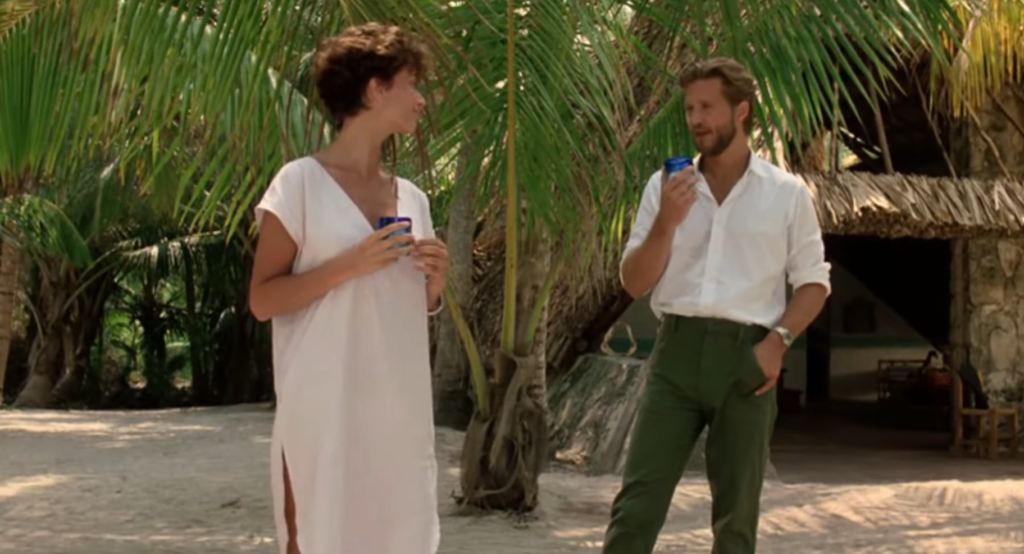
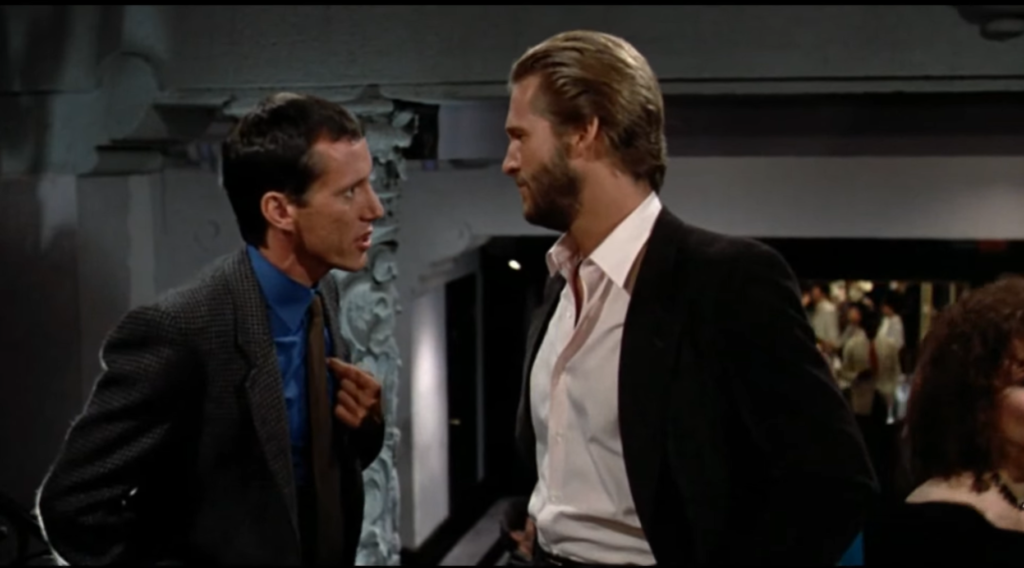
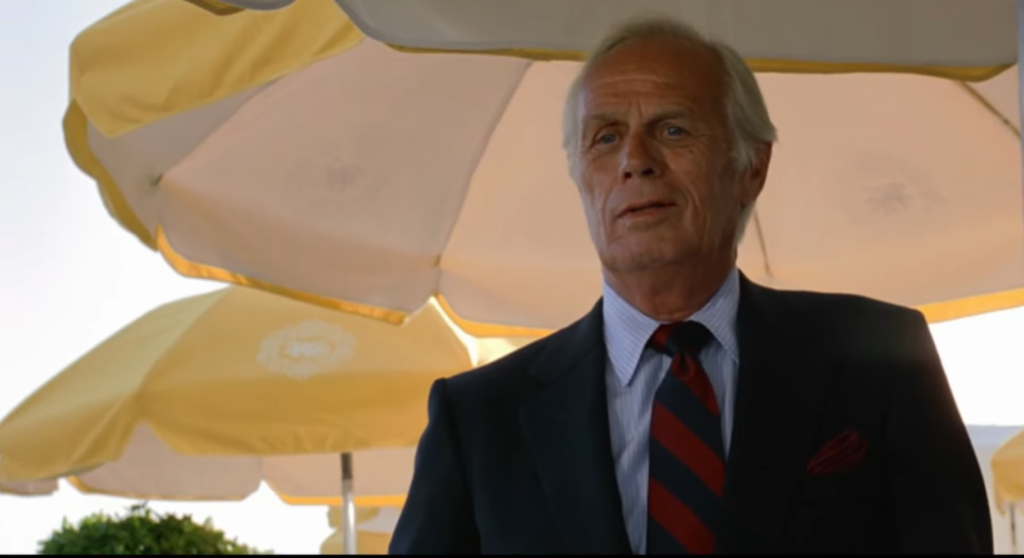
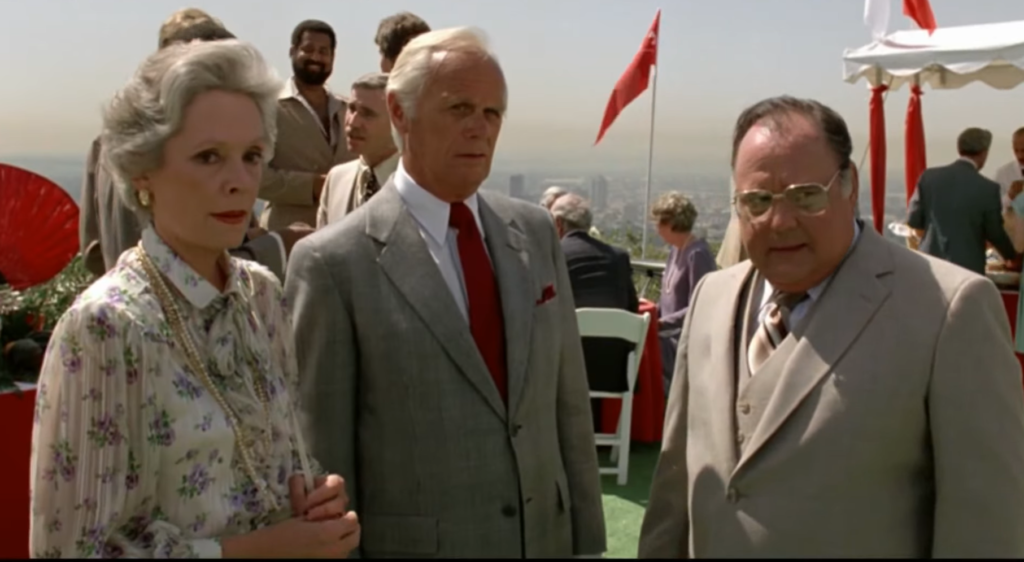
One thought on “Against All Odds (1984)”
Agreed; not must-see.
There’s nothing wrong with remaking or updating ‘Out of the Past’, but – with ‘AAO’ – the result (other than reminding us of the superiority of the original film) is ultimately so convoluted that it becomes a struggle just keeping up. All of the major players here are systematically pressed to dramatic extremes – except (also badly underused) Greer, who is able to just sit on the sidelines and watch land be developed.
Early on in the film, conversations seem to be cut short needlessly (as if to create suspense – or just make the film longer). But, as complications grow and multiply, verbal diarrhea sets in (esp. near the end). The business corruption is *so* thick and lethal that you almost want to say to Bridges, “Forget it, Terry – it’s worse than Chinatown.” I was surprised that Greer didn’t also carry a gun.
Yes, the film had possibilities and could have been better. (I mostly appreciated the specifics re: football politics.) Still… much of the location shooting in the Caribbean is nice to look at.